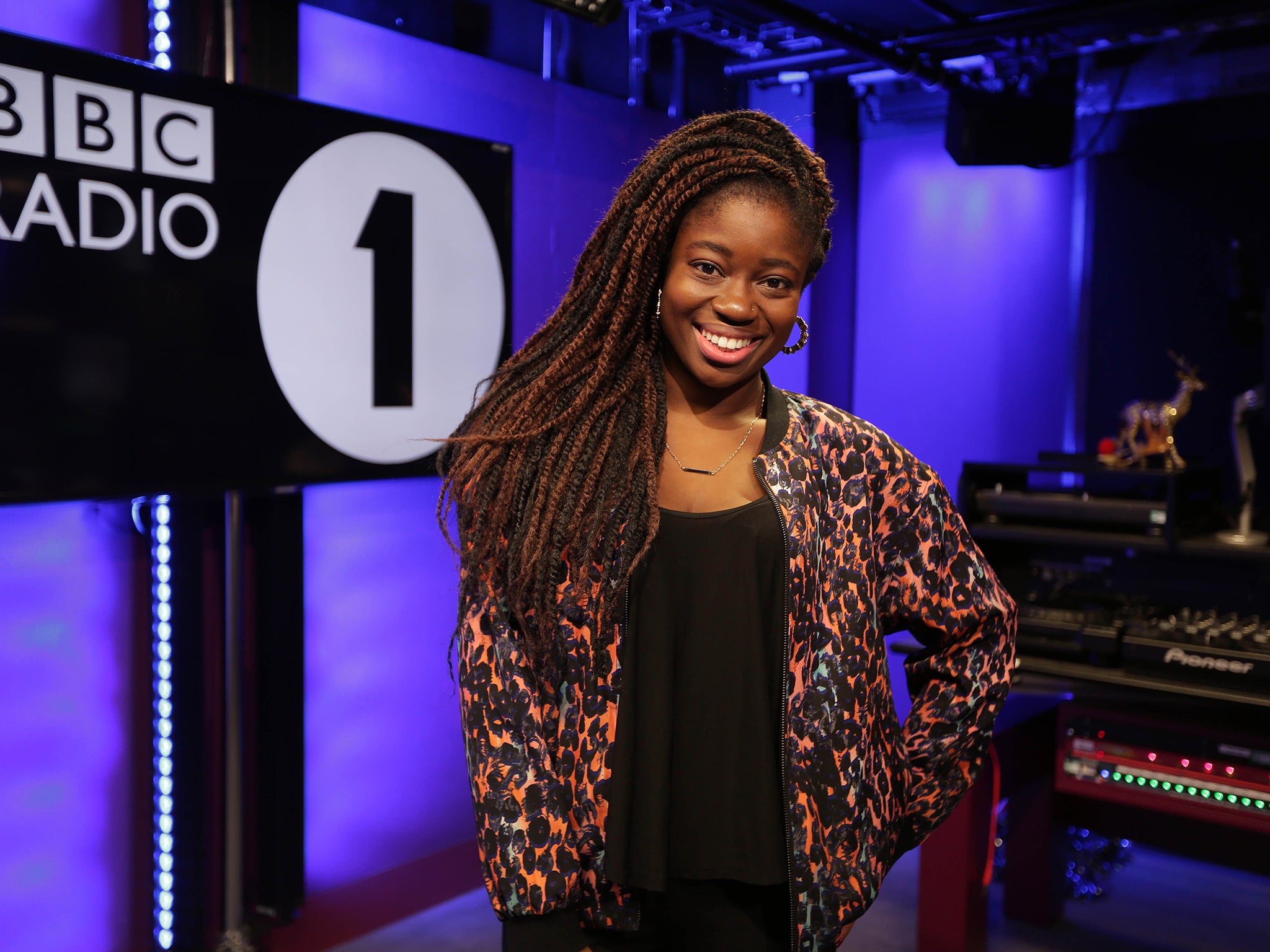BBC Trust calls for changes to 'too white' Radio 2
Radio 2’s audience is too white, Radio 3 should be less like Classic FM and Radio 1 must cut its live music

Your support helps us to tell the story
From reproductive rights to climate change to Big Tech, The Independent is on the ground when the story is developing. Whether it's investigating the financials of Elon Musk's pro-Trump PAC or producing our latest documentary, 'The A Word', which shines a light on the American women fighting for reproductive rights, we know how important it is to parse out the facts from the messaging.
At such a critical moment in US history, we need reporters on the ground. Your donation allows us to keep sending journalists to speak to both sides of the story.
The Independent is trusted by Americans across the entire political spectrum. And unlike many other quality news outlets, we choose not to lock Americans out of our reporting and analysis with paywalls. We believe quality journalism should be available to everyone, paid for by those who can afford it.
Your support makes all the difference.The BBC Trust has called on the corporation’s music stations to make a series of changes after reviewing their performance.
Overall, the Trust found that the BBC stations were distinctive and perform a vital role in the development and promotion of UK music.
But after analysing listener views, the Trust has demanded a number of changes.
The Trust found that “Radio 2’s reach remains considerably lower than average among black, Asian and minority ethnic (BAME) audiences.
“While there has been some growth in reach in the last five years, the disparity with reach amongst white listeners has not reduced. As Radio 2 has a remit to serve a broad audience, we are asking it to address this disparity.”
Although Moira Stuart now presents a late-night easy listening show, the presenter line-up, which includes Chris Evans, Steve Wright and Jeremy Vine in high-profile slots, is overwhelmingly white on Britain’s most listened-to station.
Radio 3 was told to “increase choice for radio listeners by minimising any programmes and features that are similar to Classic FM’s.” The Trust agreed that there “are some parts of the schedule where similarities exist” with its commercial rival.

Radio 1 will make a deep reduction to the number of live sessions it broadcasts from 250 each year to 160 in order to enable savings.
Radio 1 said the popular Live Lounge daytime slot would be protected but late-evening specialist shows face cuts in live sessions and the station will no longer broadcast from some smaller festivals.
Radio 6 Music was given a clean bill of health by the Trust. Listeners praised the station for offering “a sanctuary from chart music” which “feels like a genuine alternative to what’s available elsewhere.”
The Trust rejected claims by commercial stations that the Radio 1 and 2 playlists were too similar to their offerings. Radio 1 and 2 offered a distinctive playlist and the current level of overlap was appropriate.
The Trust verdict…
Radio 3
While Radio 3 overall is a distinctive station, in terms of its approach to classical music and mix of other programming, there are some parts of the schedule where similarities exist. Radio 3 should seek to increase choice for radio listeners by minimising any programmes and features that are similar to Classic FM’s. It should focus on its strengths, by maximising its distinctiveness across its whole output, without sacrificing the combination of expertise and accessibility that has been achieved in recent years.
Radio 2
Radio 2’s reach remains considerably lower than average among black, Asian and minority ethnic (BAME) audiences. While there has been some growth in reach in the last five years, the disparity with reach amongst white listeners has not reduced. As Radio 2 has a remit to serve a broad audience over the age of 35, it should address this disparity.
Radio 1
We have agreed to a reduction in the number of live sessions on Radio 1 from 250 each year to 160 in order to enable savings. We expect Radio 1 to maintain a range of genres and artists within its sessions, including a mix of established and newer artists. We are also narrowing Radio 1’s quota for coverage of major live events and festivals so that it excludes special editions of live sessions, and includes only BBC and third-party major live events. It will reduce from 25 to 10 events.
Join our commenting forum
Join thought-provoking conversations, follow other Independent readers and see their replies
Comments